Farnell element14 has chosen two winners from eight global finalists as part of its “Get Closer” Wearables Challenge, which invited engineers and hobbyists alike to design a wearable project using the Adafruit FLORA platform. The winners used the platform to develop a unique LED umbrella and a camera that can help children learn colours.
Leslie Birch of Philadelphia developed an umbrella equipped with LED neopixel strips that change colour. It has three modes: colour match, which uses a colour sensor to match colours; a rainbow display; and a simulated rainfall.
Linda Kaspers of The Netherlands created ColorCam to help teach children colours. It also helps children learn the colours of various objects. When the user takes a picture of any one of Linda’s felt pictures, which depict a red strawberry or a yellow sun, for example, they are given three colour choices on the back of the camera. One of the choices is the matching colour, and a series of green lights appear if the correct colour is selected.
“Watching the finalists’ projects evolve was fascinating, and we’re thrilled with what they were able to develop,” said Global Head of Community Dianne Kibbey. “While Linda and Leslie were selected as the winners, we believe every participant exhibited creativity, technical savvy and commitment throughout this Challenge, and we’d like to congratulate everyone on what they accomplished.”
Other builds included a navigation glove, a family of suites comprised of colored strobe LED lights, and a GPS-equipped hat showing neopixel displays based on places visited, among others. “Get Closer” participants documented their progress through blog posts, videos and designs in the Arduino group within the element14 Community.
Adafruit Director of Wearable Electronics Becky Stern added, “Our participation in the ‘Get Closer’ Challenge provided great opportunities to engage with makers, and it was an absolute pleasure to watch the journeys of the eight wearables projects.”
A recent report from Berg Insight estimates that by 2017, companies will ship more than 64 million wearable technology devices, which represents exponential growth from this year’s 400,000 units.
First-generation wearables such as the Pebble watch, Samsung Galaxy Gear and Google Glass have paved the way, and the FLORA provides a more accessible way for anyone to start creating their own wearable technology products. Clothing that can recognize and relay the user’s location, environment or status will allow a wide variety of new industrial applications and personal well-being solutions.
As winners of the Challenge, Linda and Leslie will receive a handmade wearable electronics project by Adafruit.


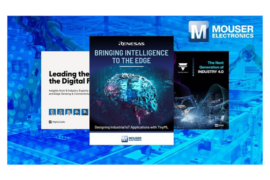
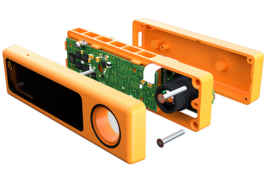
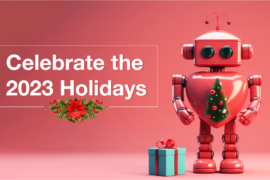
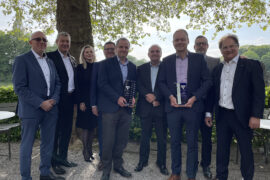
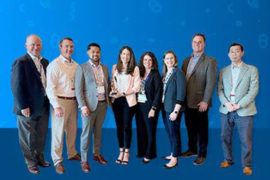
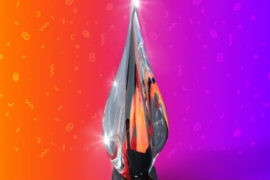
Comments are closed.